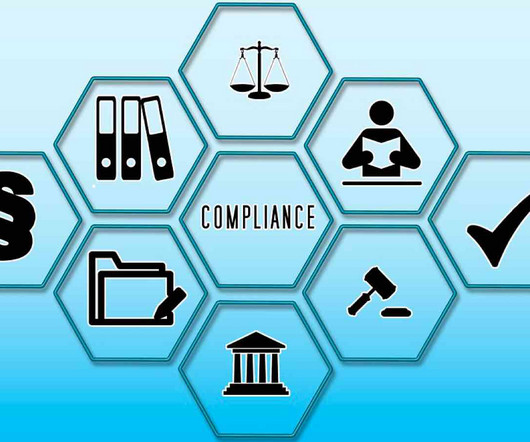Debit Card Surcharging: Is It Legal?
EBizCharge
JUNE 19, 2025
goes toward offsetting what the business must pay the processor or card networks, like Visa or Mastercard. The regulations surrounding surcharging can be a bit confusing, and non-compliance has consequences. So, it’s important to understand these rules and regulations in their entirety. Can you surcharge a debit card?

















Let's personalize your content